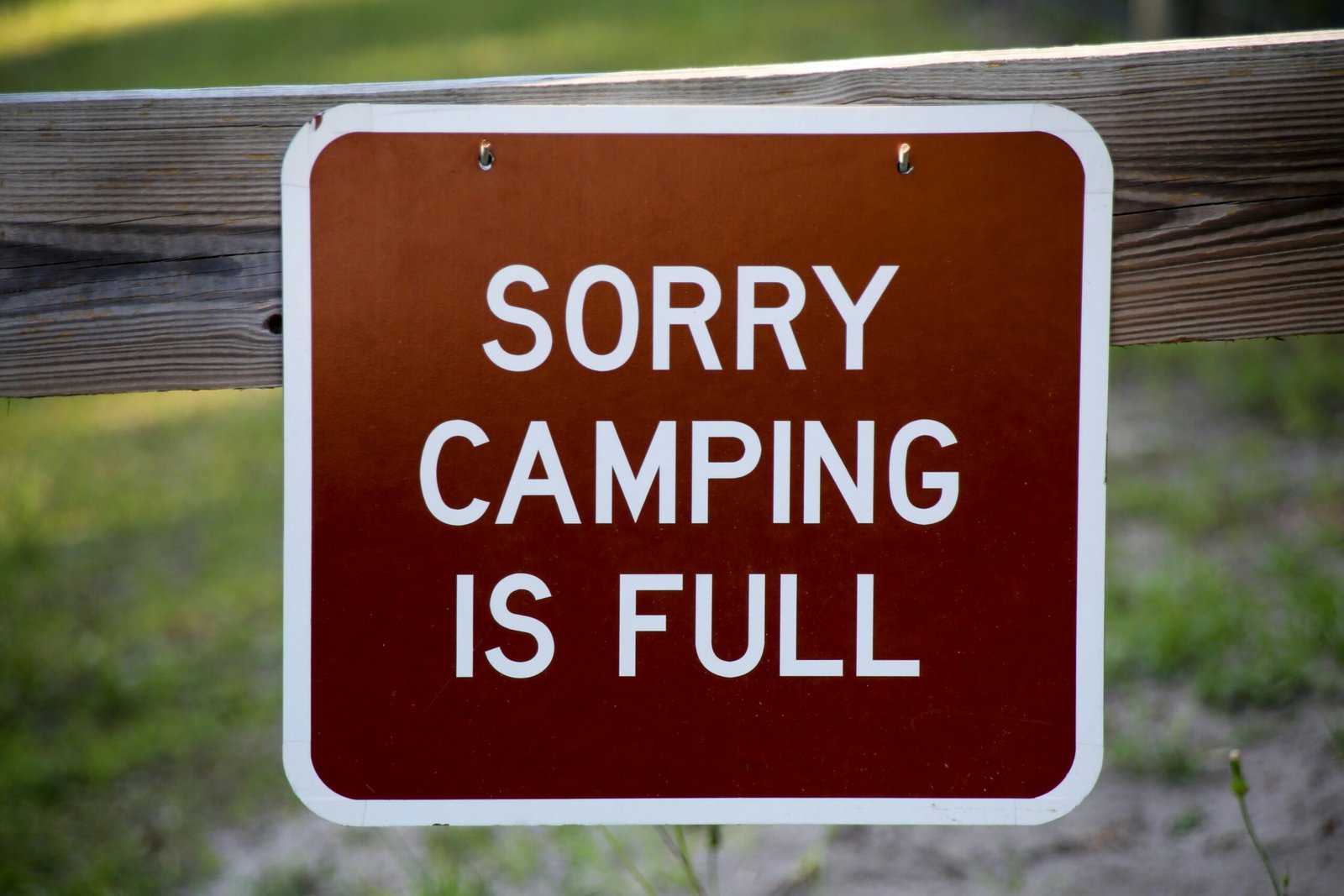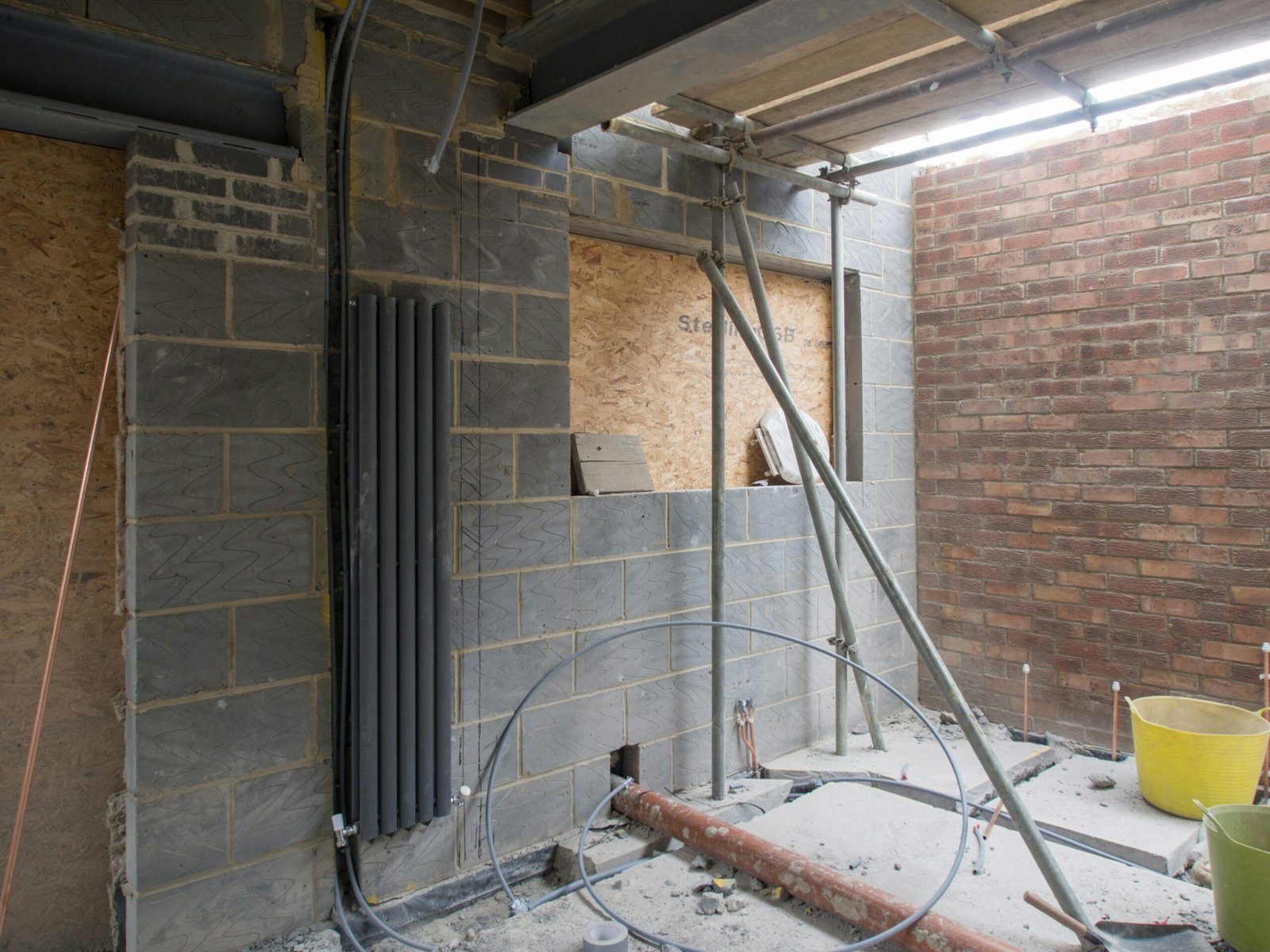
Planning Your Hotel Booking
Booking a hotel is an essential part of planning any trip. Whether you’re traveling for business or pleasure, finding the right accommodation can greatly enhance your overall experience. One common question that many travelers have is how far in advance they should book a hotel. While there is no one-size-fits-all answer to this question, there are several factors to consider when determining the ideal timing for your hotel booking.
First and foremost, it’s important to consider the destination and the time of year you plan to visit. Popular tourist destinations tend to have high demand for hotels, especially during peak travel seasons. If you’re planning a trip to a popular beach resort in the summer or a ski resort during the winter, it’s advisable to book your hotel well in advance. This will ensure that you have a wider selection of accommodations to choose from and can secure the best rates.
On the other hand, if you’re traveling to a less popular destination or during the off-peak season, you may have more flexibility in terms of when to book your hotel. In these cases, you might be able to find last-minute deals or take advantage of discounted rates for booking closer to your travel dates. However, keep in mind that availability may be limited, so it’s still wise to book as early as possible to avoid disappointment.
Another factor to consider is the purpose of your trip. If you’re traveling for a specific event or conference, it’s advisable to book your hotel well in advance. These types of events often attract a large number of attendees, and hotels in the vicinity can quickly fill up. By booking early, you can ensure that you have a convenient and comfortable place to stay during your trip.
Additionally, it’s worth considering any special requirements or preferences you may have for your hotel stay. If you have specific accessibility needs or require certain amenities, it’s important to book early to ensure that the hotel can accommodate your requests. Similarly, if you have a particular room type or view in mind, booking in advance will give you a better chance of securing your desired room.
Overall, the timing of your hotel booking depends on various factors such as the destination, time of year, purpose of your trip, and any specific requirements or preferences you may have. It’s always a good idea to start researching and comparing hotel options as early as possible to get a sense of availability and pricing. By planning ahead and booking in advance, you can have peace of mind knowing that your accommodation is taken care of, allowing you to focus on enjoying your trip to the fullest.
Factors to Consider
When deciding how far in advance to book a hotel, it’s important to take into account a few key factors:
- Destination: The popularity of the destination plays a significant role in determining how far in advance you should book your hotel. If you’re planning to visit a popular tourist spot during peak season, it’s advisable to book well in advance to secure the best rates and availability. On the other hand, if you’re traveling to a less popular destination or during the off-peak season, you may have more flexibility in booking closer to your travel dates.
- Travel Season: Different travel seasons can greatly impact hotel availability and prices. For example, if you’re planning a trip during major holidays or school vacation periods, hotels tend to fill up quickly, and rates may be higher. In contrast, traveling during shoulder seasons or weekdays can often result in better deals and more availability.
- Special Events: Check if there are any major events or conferences happening in the area during your intended travel dates. These events can cause a surge in hotel bookings and limited availability. It’s wise to book well in advance if you’re traveling during such times to avoid disappointment.
- Flexibility: If you have a flexible travel schedule, you may be able to take advantage of last-minute deals or flash sales. However, this approach can be risky, as availability may be limited, especially if you have specific preferences or requirements for your accommodation.
- Personal Preferences: Consider your own preferences and requirements when it comes to hotel bookings. If you have specific needs, such as accessibility features, pet-friendly accommodations, or specific room types, it’s best to book in advance to ensure that your needs are met.
By considering these factors, you can make an informed decision about how far in advance to book your hotel. Remember that it’s always better to book early if you’re unsure, as it gives you more options and reduces the risk of not finding suitable accommodation for your trip.
Season and Destination
The time of year and the popularity of your destination can greatly impact the availability and pricing of hotels. If you’re planning to visit a popular tourist destination during peak season, it’s advisable to book your hotel well in advance. This is especially true for cities with major events or festivals, as hotels tend to fill up quickly during these times. On the other hand, if you’re traveling during the off-peak season or to a less popular destination, you may have more flexibility and can often find better last-minute deals.
When it comes to choosing the right season to visit a particular destination, there are a few factors to consider. Firstly, the weather plays a significant role in determining the best time to visit. For example, if you’re planning a beach vacation, you’ll want to avoid the rainy season or the extreme heat of summer. On the other hand, if you’re interested in winter sports, you’ll want to visit during the peak snowfall months.
Another factor to consider is the local culture and traditions of the destination. Many countries have specific festivals or events that are celebrated during certain times of the year. For instance, if you’re interested in experiencing the vibrant culture of India, you might want to plan your trip around Diwali, the Festival of Lights, or Holi, the colorful spring festival.
In addition to weather and cultural considerations, it’s important to take into account the tourist season of your chosen destination. Popular tourist destinations often have high and low seasons, which can greatly affect hotel availability and pricing. For example, if you’re planning a trip to Europe, you’ll find that summer is the peak season, with tourists flocking to famous cities like Paris, Rome, and Barcelona. During this time, hotels are in high demand, and prices can skyrocket. On the other hand, if you choose to visit during the off-peak season, such as spring or fall, you’ll likely find better deals and fewer crowds.
It’s also worth noting that some destinations have multiple peak seasons throughout the year. For instance, in the Caribbean, there’s the winter peak season, when travelers from colder climates seek sun and warmth, and the summer peak season, when families take advantage of school vacations. If you’re flexible with your travel dates, you can save a significant amount of money by avoiding these peak periods.
To ensure you get the best hotel deals, it’s essential to do your research and plan ahead. Start by checking the average weather conditions during different seasons, as well as any major events or festivals happening in your chosen destination. Then, compare hotel prices for different dates to find the most affordable options. Keep in mind that booking in advance will give you more choices and better rates, especially if you’re traveling during a popular time. However, if you’re open to spontaneity and are willing to take a chance, you may be able to score a great last-minute deal during the off-peak season.
Overall, understanding the impact of season and destination on hotel availability and pricing is crucial for any traveler. By considering factors such as weather, local culture, and tourist seasons, you can make informed decisions and maximize your travel experience while minimizing your expenses. So, whether you’re planning a summer beach getaway or a winter ski trip, take the time to research and plan ahead to secure the best hotel deals for your dream vacation.
Special Requirements
If you have specific requirements for your accommodation, such as accessibility features, pet-friendly rooms, or specific room configurations, it’s recommended to book in advance. By doing so, you can ensure that your needs are met and that you have a seamless and comfortable stay. Hotels with limited availability for special requirements may book up quickly, so it’s best to secure your reservation as early as possible.
When it comes to accessibility features, it’s important to consider your individual needs. Some hotels offer rooms with wider doorways, grab bars in the bathroom, and ramps for easy access. Others may have elevators with braille buttons and visual fire alarms for guests with hearing impairments. By booking in advance, you can communicate your specific requirements to the hotel staff, allowing them to make the necessary arrangements to accommodate you.
If you’re traveling with a furry friend, finding pet-friendly accommodations is crucial. Many hotels have designated pet-friendly rooms or floors, equipped with amenities such as pet beds, food bowls, and even pet-sitting services. However, these rooms tend to be in high demand, especially during peak travel seasons. Therefore, it’s advisable to make your reservation early to secure a spot for your beloved pet.
Additionally, if you have specific room configurations in mind, such as connecting rooms for a family vacation or a room with a kitchenette for longer stays, it’s best to book in advance. These types of rooms are often limited in number and may be in high demand. By reserving ahead of time, you can guarantee that your preferred room configuration is available and avoid any last-minute disappointments.
Booking in advance not only ensures that your special requirements are met but also allows the hotel staff to provide personalized service. They can take the time to understand your needs and make any necessary preparations, ensuring that you have a comfortable and enjoyable stay. So, whether you require accessibility features, pet-friendly rooms, or specific room configurations, it’s always wise to plan ahead and secure your reservation early.
Flexibility
Your flexibility in terms of travel dates and hotel preferences can also influence how far in advance you should book. If you have a fixed travel itinerary and specific hotel preferences, it’s generally advisable to book early to secure your desired dates and accommodations. However, if you have some flexibility and are open to different options, you may be able to find better deals by booking closer to your travel dates. Last-minute hotel bookings can sometimes offer discounted rates, especially if hotels have unsold rooms that they want to fill.
Having flexibility in your travel plans can provide you with a range of advantages. For instance, if you are willing to travel during off-peak seasons or on weekdays instead of weekends, you may find significantly lower rates for both flights and hotels. This is because demand for travel tends to be higher during weekends and peak seasons, resulting in higher prices. By being open to different travel dates, you can take advantage of lower demand and secure better deals.
In addition to flexibility in travel dates, being open to different hotel preferences can also work in your favor. While you may have a specific hotel in mind, consider exploring other options as well. Sometimes, hotels that are slightly further away from popular tourist attractions or city centers offer lower rates. This can be especially beneficial if you have access to reliable transportation options or are willing to explore different neighborhoods.
Another aspect of flexibility is being open to different room types. While a suite or a deluxe room may be your first choice, consider whether a standard room would suffice for your needs. Opting for a more basic room type can often lead to significant cost savings. Additionally, some hotels offer special promotions or discounts for specific room types, such as family rooms or rooms with a view. By being open to different room types, you can take advantage of these offers and secure a better deal.
Ultimately, the level of flexibility you have will determine how far in advance you should book your travel and accommodations. If you have specific requirements and preferences, it’s best to book early to ensure availability. On the other hand, if you are open to different options and are willing to take advantage of last-minute deals, booking closer to your travel dates may yield better results. Consider your own preferences and priorities, and weigh the pros and cons of booking early versus booking closer to your travel dates.
Booking Tips
Regardless of how far in advance you decide to book your hotel, here are a few tips to help you make the most of your reservation:
- Compare Prices: Before making a reservation, it’s always a good idea to compare prices from different websites or travel agencies. This way, you can ensure that you are getting the best deal possible.
- Read Reviews: Take the time to read reviews from previous guests who have stayed at the hotel you are considering. This will give you a better idea of the quality of the accommodations and the level of service provided.
- Consider Location: When choosing a hotel, think about its location in relation to the activities and attractions you plan to visit. If you want to be close to the beach, for example, make sure the hotel is within walking distance or has easy access to transportation.
- Check Amenities: Look for hotels that offer the amenities you desire. Whether you want a pool, a fitness center, or a complimentary breakfast, make sure the hotel can meet your needs.
- Flexibility: If your travel dates are flexible, consider booking during off-peak seasons or weekdays. This can often result in lower rates and less crowded accommodations.
- Book Directly: While third-party websites can be convenient for comparing prices, it’s often best to book directly with the hotel. This way, you can take advantage of any loyalty programs or special offers that may be available.
- Double-Check Policies: Before finalizing your reservation, make sure to review the hotel’s cancellation and refund policies. Life can be unpredictable, and it’s always good to know your options in case your plans change.
By following these booking tips, you can ensure that your hotel reservation meets your expectations and enhances your overall travel experience. Happy booking!
Once you have narrowed down your options, it’s time to dig deeper into your research. Start by visiting the hotel’s official website to gather more information about the amenities, room types, and location. Pay close attention to the hotel’s policies, such as cancellation and refund policies, as well as any additional fees or charges that may apply. This will help you avoid any surprises later on.
Next, take advantage of the wealth of information available online. Look for independent travel websites and forums where travelers share their experiences and recommendations. These platforms can provide valuable insights into the pros and cons of different hotels, allowing you to make a more informed decision. Additionally, consider reaching out to friends, family, or colleagues who have visited the destination before. Their personal recommendations can be invaluable in finding the perfect hotel for your needs.
When comparing hotels, it’s essential to consider factors beyond just the price. While budget is undoubtedly important, it’s equally crucial to evaluate the hotel’s location and proximity to attractions or transportation options. A hotel that offers a complimentary shuttle service to major tourist spots or is located within walking distance of popular landmarks can save you time and money on transportation.
Furthermore, pay attention to the hotel’s reputation for cleanliness and customer service. A hotel may have a low price tag, but if it consistently receives negative reviews regarding cleanliness or rude staff, it may not be worth the savings. Look for hotels that have a track record of providing excellent service and maintaining high cleanliness standards.
Finally, don’t forget to consider any special requirements or preferences you may have. If you are traveling with children, look for hotels that offer family-friendly amenities such as a pool or a kids’ club. If you have specific dietary needs, check if the hotel has on-site restaurants that cater to your requirements. By taking these factors into account, you can ensure that your hotel choice aligns with your unique needs and enhances your overall travel experience.
When it comes to booking accommodations for your next trip, there are countless options available. Third-party websites and online travel agencies have made it incredibly easy to compare prices and find the best deals. However, despite their convenience, there are several reasons why it’s often best to book directly with the hotel.
One of the main advantages of booking directly with the hotel is the ability to communicate any special requests or requirements directly with the hotel staff. Whether you have specific dietary restrictions, need a room with certain accessibility features, or simply have a preference for a particular view or location within the hotel, being able to communicate these details directly can ensure that your needs are met during your stay.
In addition to personalized communication, booking directly with the hotel may also provide you with additional benefits or perks. Many hotels offer exclusive discounts and promotions to guests who book through their official website. These discounts can range from a percentage off the room rate to complimentary upgrades or amenities. By booking directly, you can take advantage of these special offers and potentially enhance your overall experience without any extra cost.
Furthermore, booking directly with the hotel can also help you build a relationship with the property and its staff. By becoming a loyal guest and consistently booking through the hotel’s official channels, you may be eligible for loyalty rewards or membership programs. These programs often come with a range of benefits, such as early check-in or late check-out options, access to exclusive amenities or services, and even room upgrades.
Another advantage of booking directly is the assurance of receiving accurate and up-to-date information about the hotel. While third-party websites strive to provide accurate details, there can sometimes be discrepancies or outdated information. By booking directly, you can ensure that you have the most current information regarding the hotel’s policies, amenities, and any changes or updates that may affect your stay.
In conclusion, while third-party websites and online travel agencies can be convenient for comparing prices, there are numerous advantages to booking directly with the hotel. From personalized communication and additional benefits to the potential for loyalty rewards and accurate information, booking directly can enhance your overall experience and ensure that your specific needs are met during your stay.
Consider Flexibility
If you’re open to different travel dates or hotel options, consider being flexible in your search. Use flexible date search tools to compare prices for different dates, and consider alternative neighborhoods or hotel categories that may offer better deals. Being flexible can help you save money and find hidden gems that you may not have considered otherwise.
When it comes to travel, flexibility can be a game-changer. By being open to different travel dates, you can take advantage of off-peak seasons or last-minute deals that can significantly lower the cost of your trip. Many travel websites now offer flexible date search tools that allow you to compare prices across a range of dates. This way, you can easily identify the cheapest time to travel and adjust your plans accordingly.
But flexibility doesn’t stop at just the dates. It’s also worth considering alternative neighborhoods or hotel categories that may offer better deals. For example, if you’re planning a trip to a popular city, staying in a neighborhood just outside the city center can often be more affordable while still providing easy access to all the attractions. Similarly, if you’re not particular about luxury accommodations, exploring budget-friendly options or boutique hotels can lead you to hidden gems that offer unique experiences at a fraction of the cost.
Moreover, being flexible in your travel plans can open up opportunities for spontaneous adventures. By being open to new experiences and embracing the unexpected, you may stumble upon destinations or activities that you never knew existed. This sense of adventure can add an extra layer of excitement to your trip and create memories that will last a lifetime.
So, the next time you’re planning a trip, remember to consider flexibility as a key factor in your search. By being open to different travel dates and exploring alternative options, you can not only save money but also discover new and exciting destinations that may have been overlooked. Embrace the unknown and let your travel plans evolve, and you may find yourself embarking on an unforgettable journey.




